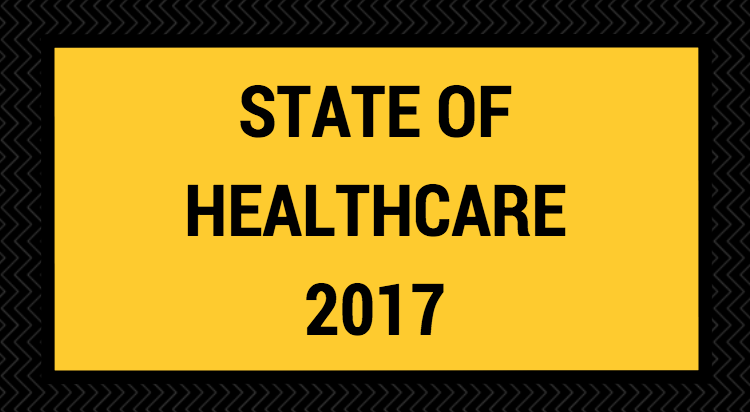Last Updated on October 21, 2024
In 1965 President Johnson and the United States Congress created Medicare as part of the Social Security Act. A national program, Medicare is a health insurance program for people 65 years of age or older along with some people under age 65 with disabilities or end stage renal disease. It is broken down into four different parts.
• Part A is hospital insurance – covering expenses for hospital care, nursing facility care, and home health services.
• Part B is medical insurance for outpatient hospital care and doctor’s services. Unlike Part A, Medicare Part B is optional.
• Part C, also known as Medicare Advantage, is a combination of Parts A and B offered by private insurance companies (approved by Medicare) which generally also includes prescription drug coverage.
• Part D is prescription drug coverage, and similar to Part C, is offered by private insurance companies with Medicare approval.
For some people, Medicare covers all of their medical expenses. However, many people have additional out-of-pocket expenses. If you have limited income and resources, you may qualify for help with these expenses. There are four separate Medicare Savings Programs that help with Part A and B costs, as well as the Extra Help Program for Part D costs.
Qualified Medicare Beneficiary (QMB)
Qualified Medicare Beneficiary helps to pay Medicare Part A and Part B premiums, deductibles and co-insurance. In order to be eligible, the patient must be enrolled in Medicare and meet the income guidelines. If you are lower income and struggling to afford your Part A or B costs, this program may be able to help.
Specified Low-Income Medicare Beneficiary (SLMB)
The Specified Low-Income Medicare Beneficiary is similar to the QMB. The eligibility requirements are the same, but the program only covers Medicare Part B premiums. If you are struggling to cover an outpatient medical cost or doctor’s visit, this program would be beneficial.

Qualified Individual (QI)
The Qualifying Individual helps to cover Medicare Part A premiums. According to medicare.gov, “You must apply every year for QI benefits. QI applications are granted on a first-come, first-served basis, with priority given to people who got QI benefits the previous year.” It is also noted that you cannot get QI benefits if you qualify for Medicaid. This program would be best suited for those struggling with Part A costs, expenses related to hospital or nursing care.
Qualified Disabled and Working Individuals (QDWI)
The QDWI program is similar to the QI program in that it covers Medicare Part A costs. The QDWI program, however, is limited to individuals with a disability who are under age 65. The income guidelines are also a bit more generous. This program is incredibly helpful for disabled patients in Medicare Part A who need financial help paying for a hospital or nursing care.
Extra Help Program
The Extra Help Program helps patients with Medicare Part D costs (medication coverage). The program offers generic and brand name drugs at a discount. According to medicare.gov, “in 2014, drug costs for most people who qualify will be no more than $2.55 for each generic/$6.35 for each brand-name covered drug.” In order to qualify you must “have up to $17,235 in yearly income ($23,265 for a married couple) and up to $13,300 in resources ($26,580 for a married couple).” Some states offer their own programs for people who fall short of qualifying for the federal program, so if you do not initially qualify you still may be able to find help.
How To Find a Program
We recommend that patients interested in a Medicare Savings Program to contact their local State Health Insurance Program (SHIP) site. These groups provide information and counseling for people eligible for Medicare. To find a SHIP site near you on the NeedyMeds site use the top menu. Hover over Patient Savings and look for “Medicare Counseling (SHIP)” under the Government Programs listing on the far right column. The program goes by different names in certain states, for example it is the SHINE program in Massachusetts.






1 Comment